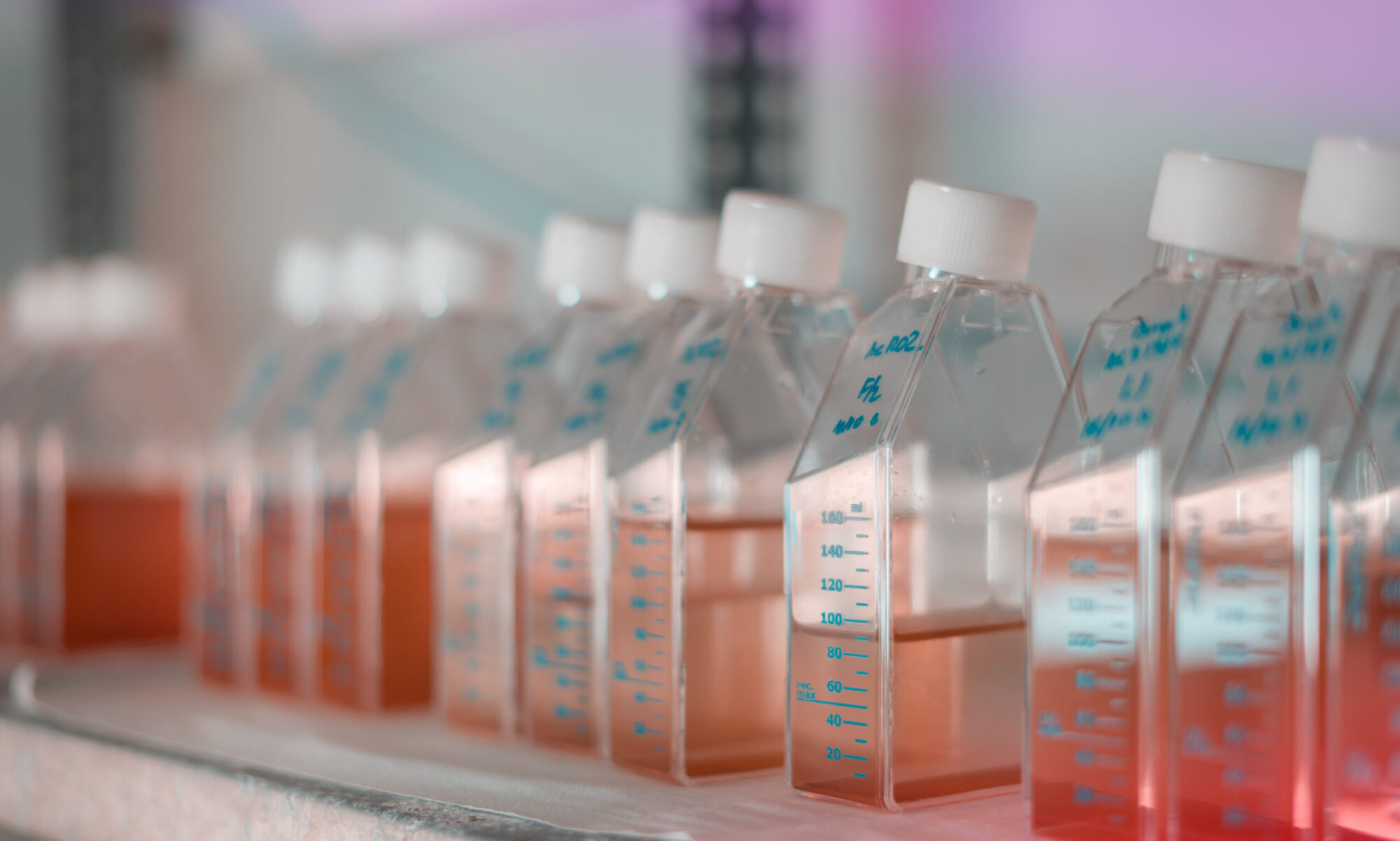| Acronym: DenGen | Dengue virus genotype replacements : investigating viral fitness differences driving the evolution of dengue epidemics | ||||||||||||||||||||||||||||||||||||||||||||||||||||||||||||||||||||||||||||||||||||||||||||||||||||||||||||||||
| Principal investigator | M. Dupont-Rouzeyrol | ||||||||||||||||||||||||||||||||||||||||||||||||||||||||||||||||||||||||||||||||||||||||||||||||||||||||||||||||
| IPNC main investigator | O. O’Connor / M. Dupont-Rouzeyrol | ||||||||||||||||||||||||||||||||||||||||||||||||||||||||||||||||||||||||||||||||||||||||||||||||||||||||||||||||
| IPNC collaborators | N. Pocquet | ||||||||||||||||||||||||||||||||||||||||||||||||||||||||||||||||||||||||||||||||||||||||||||||||||||||||||||||||
| Other collaborators | L. Lambrechts (IP), V. Duong (IPC), P. Dussart (IPC) | ||||||||||||||||||||||||||||||||||||||||||||||||||||||||||||||||||||||||||||||||||||||||||||||||||||||||||||||||
| Project total budget | 50 000 € | Budget devoted to IPNC: | 21 200 € | ||||||||||||||||||||||||||||||||||||||||||||||||||||||||||||||||||||||||||||||||||||||||||||||||||||||||||||||
| Financial supports | Actions Concertées Inter Pasteuriennes (ACIP) | ||||||||||||||||||||||||||||||||||||||||||||||||||||||||||||||||||||||||||||||||||||||||||||||||||||||||||||||||
| Timeline | Start date: | Jan 2017 | End date: | December 2018 | |||||||||||||||||||||||||||||||||||||||||||||||||||||||||||||||||||||||||||||||||||||||||||||||||||||||||||||
| Context | |||||||||||||||||||||||||||||||||||||||||||||||||||||||||||||||||||||||||||||||||||||||||||||||||||||||||||||||||
| Phylogenetic analyses have revealed that dengue virus (DENV) evolutionary dynamics are often characterized by the replacement of a DENV genotype by another genotype of the same serotype. Such genotype replacements are epidemiologically significant because they can be associated with changes in disease severity and human immunity. However, the mechanisms underlying DENV genotype turnover in nature remain poorly defined. | |||||||||||||||||||||||||||||||||||||||||||||||||||||||||||||||||||||||||||||||||||||||||||||||||||||||||||||||||
| Objectives | |||||||||||||||||||||||||||||||||||||||||||||||||||||||||||||||||||||||||||||||||||||||||||||||||||||||||||||||||
| The specific objectives of this study, led in two different epidemiological contexts: a hyper-endemic area: Cambodia, and an epidemic area: New Caledonia (NC), are: ii) By focusing on vector-virus interactions in vivo, to study the potential role of vector-driven selection in DENV genotype replacements; iii) By focusing on DENV replication kinetics in mammalian cells in vitro, to study the relative ability of DENV genotypes to replicate and produce subgenomic flavivirus (sf) RNAs. | |||||||||||||||||||||||||||||||||||||||||||||||||||||||||||||||||||||||||||||||||||||||||||||||||||||||||||||||||
| Methods | |||||||||||||||||||||||||||||||||||||||||||||||||||||||||||||||||||||||||||||||||||||||||||||||||||||||||||||||||
| DENV evolutionary dynamics in NC and Cambodia: About 20 strains per year since 2009 will be selected. E-gene will be sequenced in order to determine the genotype belonging. Based on these results, five representative strains by serotype/genotype will be selected for whole genome sequencing.
DENV competitive fitness in vivo by vector competence assays: Two DENV strains per genotype will be selected for competitive experiment. F1 or F2 generation of Ae. aegypti will be challenged with different ratios of both DENV strains. Infection, dissemination and transmission rates will be measured at day 7 and 14 post-exposure. Virus quantification of both genotype will be performed by RT-qPCR. DENV replicative fitness in vitro: Replication kinetics of representative DENV strains and production of sfRNA will be observed over 5 days on mammalian cells. RNA quantification will be performed as previously. |
|||||||||||||||||||||||||||||||||||||||||||||||||||||||||||||||||||||||||||||||||||||||||||||||||||||||||||||||||
| Results | |||||||||||||||||||||||||||||||||||||||||||||||||||||||||||||||||||||||||||||||||||||||||||||||||||||||||||||||||
| All the DENV strains (NC and Cambodia) were obtained after not more than three passages on C6/36 cells. All of them were send to IP for high-throughput sequencing of the whole genome. This one is in progress. Vector competence experiments and in vitro studies are scheduled for the first semester of 2018. | |||||||||||||||||||||||||||||||||||||||||||||||||||||||||||||||||||||||||||||||||||||||||||||||||||||||||||||||||
| Perspectives | |||||||||||||||||||||||||||||||||||||||||||||||||||||||||||||||||||||||||||||||||||||||||||||||||||||||||||||||||
This project will allow us to better understand the evolutionary mechanisms driving DENV genotype shifts typically observed during the course of dengue epidemics.
|
|||||||||||||||||||||||||||||||||||||||||||||||||||||||||||||||||||||||||||||||||||||||||||||||||||||||||||||||||


Institut Pasteur de Nouvelle-Calédonie
Recherche, Santé publique , Formation